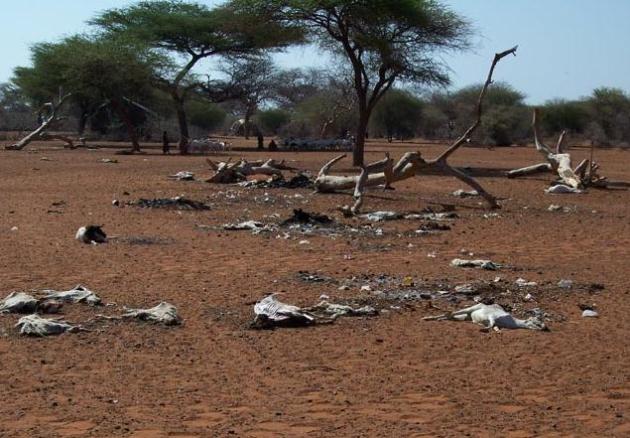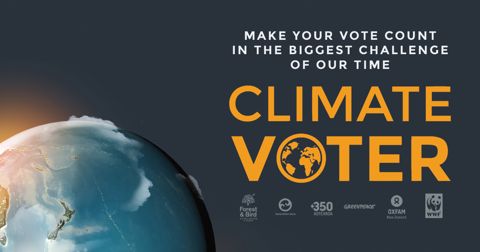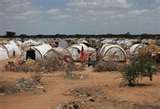 It is depressingly apparent that powerful forces in the global economy are set to carry on with the exploration for and use of fossil fuels as a primary source of energy for decades to come. Oxfam has produced a report identifying the confluence of fossil fuel companies, governments and investors which givers momentum to the disastrous course along which we are being impelled.
It is depressingly apparent that powerful forces in the global economy are set to carry on with the exploration for and use of fossil fuels as a primary source of energy for decades to come. Oxfam has produced a report identifying the confluence of fossil fuel companies, governments and investors which givers momentum to the disastrous course along which we are being impelled.
Food, Fossil Fuels and Filthy Finance pulls no punches. It points to the evidence from the Tyndall Centre that, in the absence of an unprecedented change in the global use of fossil fuels, we are heading for a global temperature rise of 4 to 6 degrees by century’s end.
Warming at this rate would leave hundreds of millions of the world’s poorest people at risk of severe hunger and drought by 2060. Even 2 degrees is going to have widespread human impacts and cause serious setbacks to development. The ‘hunger costs’ of fossil fuels are set to be the most savage impacts of climate change for millions globally. Farmers in many African countries are likely to see decreases in yield decade by decade, in spite of adaptation measures. The report details much more by way of cascading adverse impacts on populations least equipped to cope with them. It also points to severe economic and business risks in store for the developed countries as climate change begins to bite in their regions.

 This guest post is by
This guest post is by 
 The horrifying pictures of famine in the Horn of Africa haunt us as human tragedy, and the more because they carry with them the question of whether this has something to do with climate change. Are we going to see more and more of this kind of suffering as climate change impacts begin to mount? That’s an easier question to muse than to answer with certitude, but it deserves our attention. There is every indication that poor people are going to suffer from the impacts of climate change sooner and more harshly than the rest of us. But is the Horn of Africa famine part of that?
The horrifying pictures of famine in the Horn of Africa haunt us as human tragedy, and the more because they carry with them the question of whether this has something to do with climate change. Are we going to see more and more of this kind of suffering as climate change impacts begin to mount? That’s an easier question to muse than to answer with certitude, but it deserves our attention. There is every indication that poor people are going to suffer from the impacts of climate change sooner and more harshly than the rest of us. But is the Horn of Africa famine part of that?